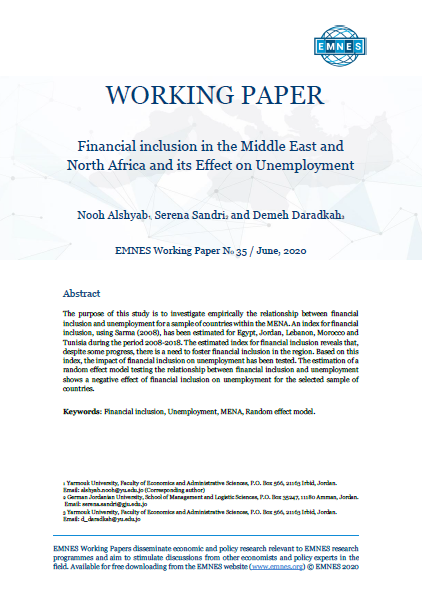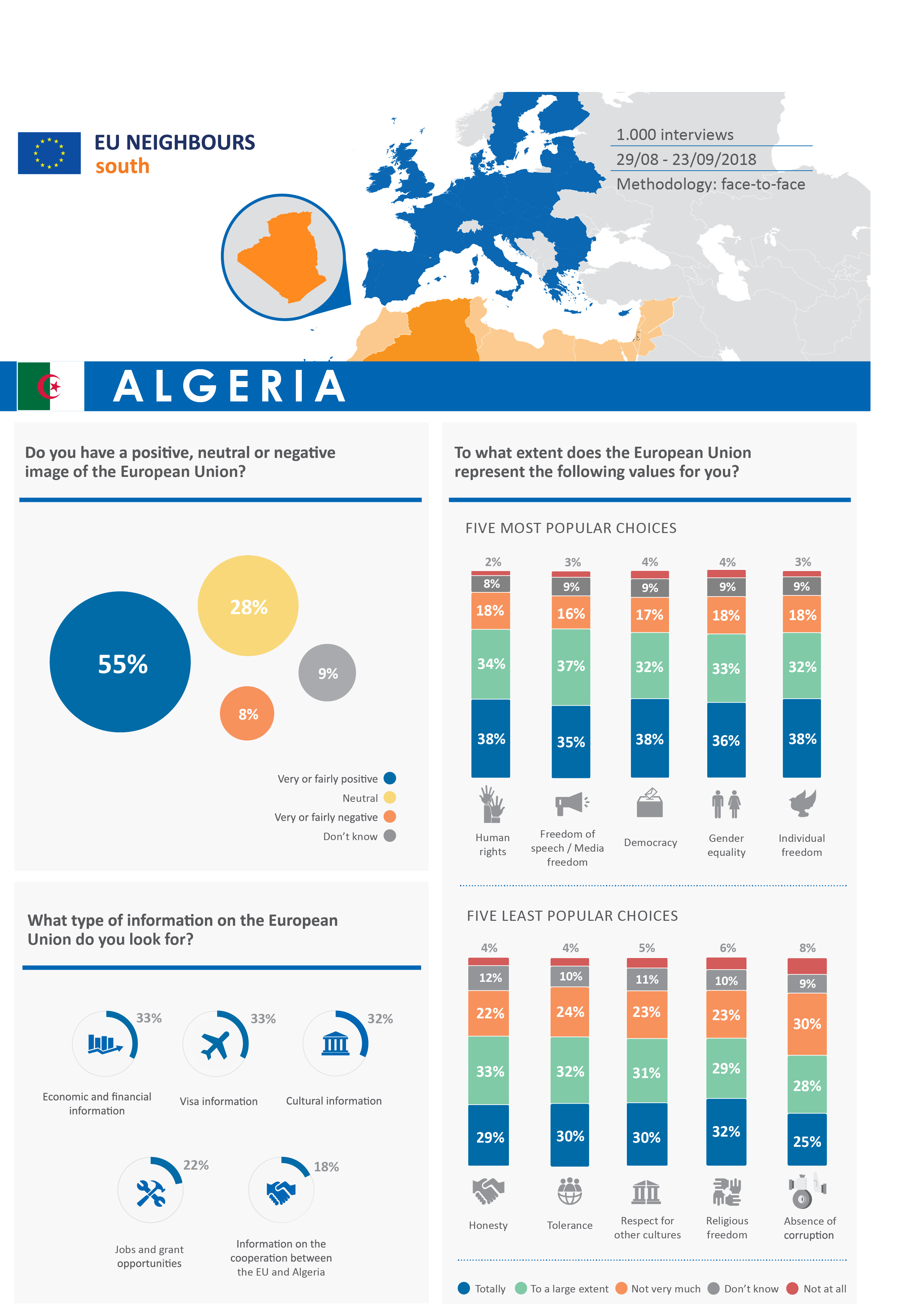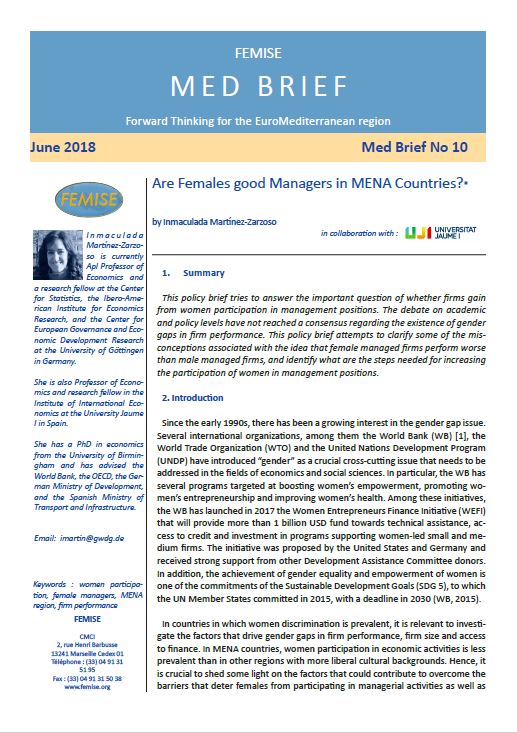Opinion Poll 2021 – Palestine (factsheet)
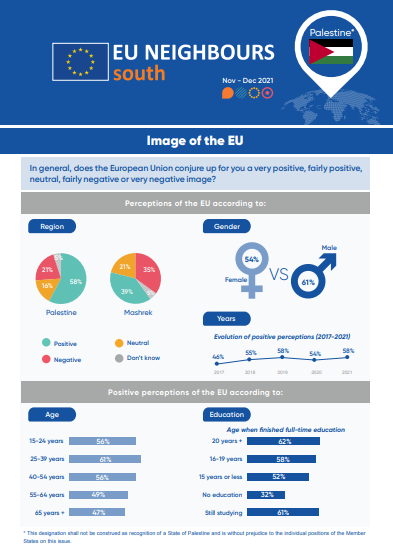
Many Palestinians answered correctly to questions testing their knowledge of the EU. Notably, 49% of Palestinian respondents are aware that the EU has an embassy with an appointed ambassador, and 47% know that the EU has its main headquarters in Brussels.
57% of respondents said that they have a positive image of the EU, an increase in 3 percentage points compared to 2021, and 70% believe that the EU has a good relationship with Palestine. 69% believe that the partnership with the EU is important.
In Palestine, respondents associated the EU most with Democracy (65%), Human Rights (64%), Equality, gender equality (61%), Peace and security (59%), and Freedom of Speech (59%).
Respondents were most aware of the EU’s support in healthcare (70%), followed by Infrastructure development (67%), human rights (52%), education and skills (51%) and support for refugees (50%). Awareness about the EU’s support towards the COVID-19 pandemic reached 54% with 61% of those believing that the support was effective.
Palestinian respondents believe that they benefited the most from EU support in humanitarian aid (71%), followed by infrastructure development (64%), health (58%), education and skills (45%) and human rights (44%). 88% of Palestinians believe that the EU should be even more engaged in infrastructure development followed by humanitarian aid with 87% of answers, and health third with 83% of all answers.
This survey – part of a wave of opinion polls carried out in eight southern Neighbourhood partner countries – was conducted in Palestine between July and September 2021, with 1,000 people consulted in face-to-face interviews. Respondents were asked about their general perceptions of the EU and the values with which it is associated, about EU relations with their country, and the impact of EU financial support, including in supporting their country’s response to the COVID-19 crisis. The surveys also look at preferred sources of information, how people feel about their personal situation and the situation in their country, and their expectations for the future.
Read more
Latest Publications




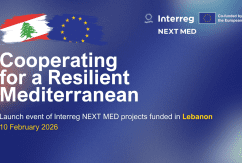

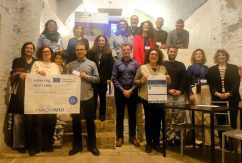

























 Syria
Syria 